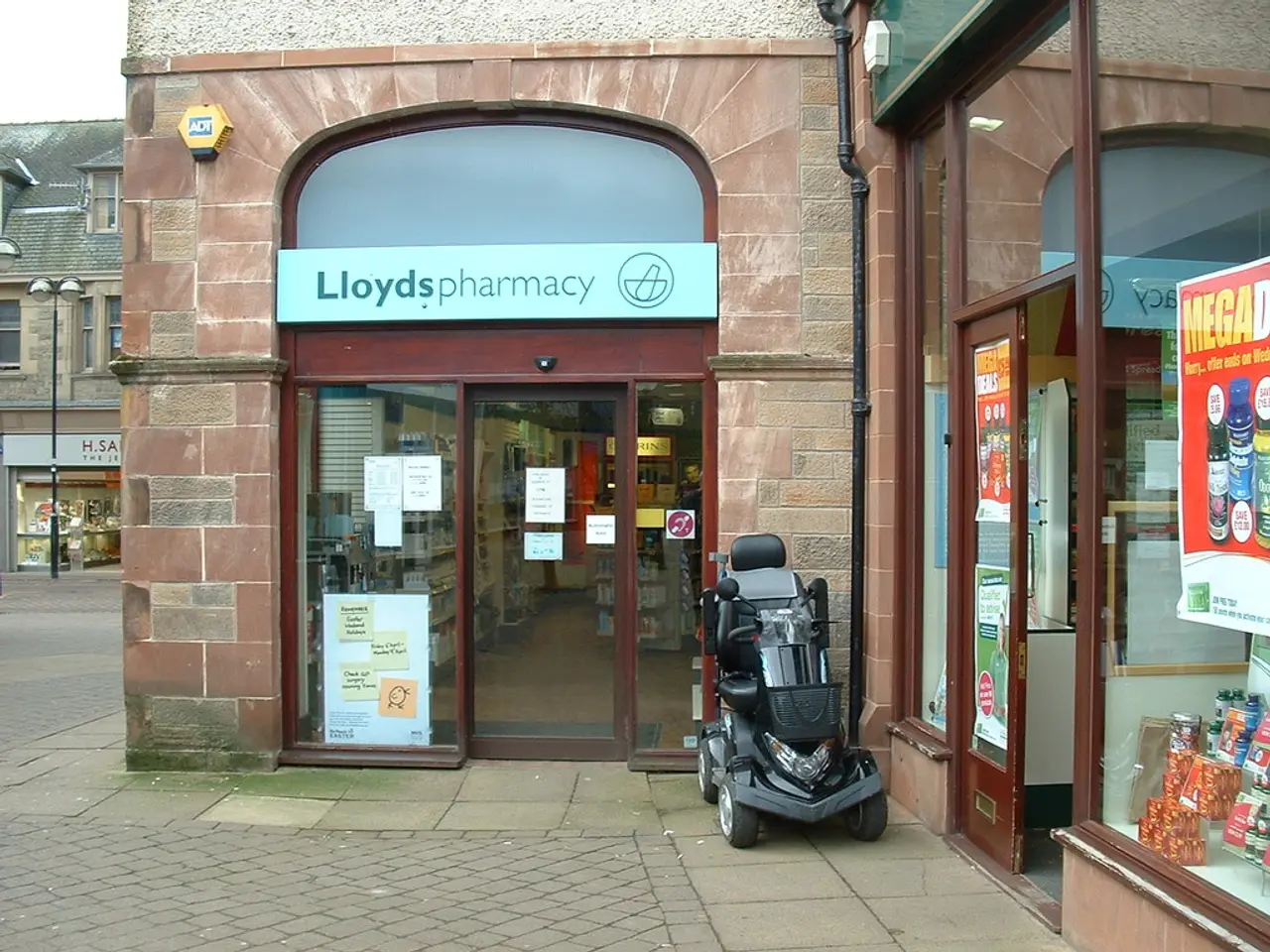Medication Scarcities Persist Across Münsterland Regions
In Germany, a nationwide medication shortage crisis is causing concern, particularly in regions like Münsterland. Over 530 medications, including cholesterol-lowering drugs and asthma sprays, are currently unavailable due to systemic supply chain disruptions, increased demand, downward price pressures on generics, and regulatory challenges [1][2][4].
The root of the problem lies in the limited number of manufacturing plants for these medications. If there's a problem at one of these plants, it can leave pharmacies helpless [1]. To mitigate the impact, pharmacists are considering using similar medications with slightly different formulas, checking if the same active ingredient is available in another form, and consulting with doctors to find solutions [1][2][4].
The German government is responding to the crisis with proposed legal changes and a comprehensive new Pharma Strategy. This strategy focuses on faster clinical trial and medicine approvals, more digital tools to enhance supply chain transparency and efficiency, measures to incentivize the development and supply of critical medicines, and improving the business environment to encourage investment in pharmaceutical production [1].
However, the underlying systemic challenges remain a critical focus. The broader pharmaceutical model prioritizes profit over consistent public health supply, leading to continuous downward pressure on the prices of generic drugs, stricter manufacturing and regulatory standards, stockpiling regulations, and seasonal demand fluctuations that discourage production investment [1][2].
The impact on local areas like Münsterland is significant. Pharmacists in the region are working 20 to 30 extra hours a week to find solutions, and the shortage is undeniably affecting patient care [2][4]. Dr. Nina Grunsky, a spokesperson for pharmacies in the Westphalia-Lippe region, emphasizes the need for more flexibility to better react to such shortages [2].
This medication shortage crisis is part of a long-standing nationwide issue in Germany. It mirrors global trends of increasing medicine shortages driven by supply chain complexities and economic pressures [5]. While it's a challenging situation, pharmacists are still working tirelessly to find solutions for patients. The hope is that regulatory reforms and strategic initiatives will help stabilize supply chains and incentivize production, ensuring a consistent supply of essential medications for all.
In the quest for solutions, pharmacists in Münsterland are exploring alternatives, such as using similar medications with slightly different formulas or checking if the same active ingredient is available in another form, to alleviate the health-and-wellness issues arising from the medication shortage crisis. Recognizing the urgency for change, the German government is proposing legal changes and a comprehensive Pharma Strategy, which includes promoting faster clinical trial and medicine approvals, employing digital tools to enhance supply chain transparency and efficiency, and fostering investments in pharmaceutical production, with a focus on critical medicines, to address the science-related challenges underpinning this crisis.




